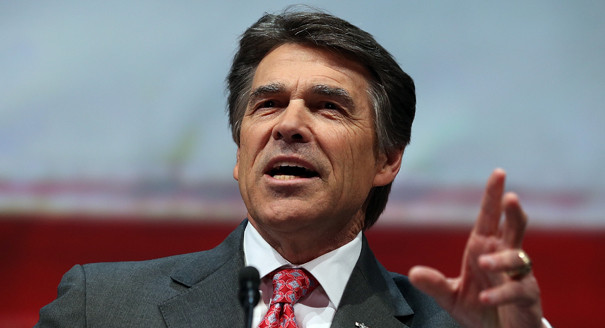The 2020 Elections: A Fork In The Road For Energy Policy
Issues & Insights recently published an opinion column from GAIN strategic adviser and former Democratic Congressman Albert Wynn regarding the future of our nation’s energy policy and the impact of the election this fall.
Wynn argues that the progressive wing of the Democratic Party, led by former presidential candidate Sen. Bernie Sanders, has continued to push the party further to the left, and their climate proposals are largely idealistic, unrealistic, and overly dependent on unproven technologies. Sen. Sanders and others have called for a fracking ban, despite natural gas’ role as a key component of American energy. And in light of COVID-19, now is not the time to jeopardize our nation’s energy security when we need it most. Wynn writes:
Consider the Green New Deal, while laudable in theory, may not be practical in reality. Its supporters propose that the country address climate change by reaching net zero greenhouse gas emissions within ten years by transitioning to entirely clean energy. Although experts agree it is difficult to ascertain an exact price tag, the estimates are daunting: $50 to $90 trillion.
This is certainly not the time to start throwing around more trillions given the long term challenges posed by the COVID-19 virus. A recent Washington Post-Kaiser Family Foundation poll found that two-thirds of Americans said they would oppose the Green New Deal if it increased federal spending by trillions of dollars – and that was before the virus outbreak.
Many Democrats, including former Vice President and presumptive Democratic nominee for President Joe Biden, have not yet embraced extreme energy measures like an outright fracking ban – for good reason, too:
In fact, many moderates are hesitant to endorse policies opposed by labor groups or those that could hurt jobs in oil and gas-producing swing states and districts. Nor is this a case of climate denial. Even some of Capitol Hill’s top climate hawks have avoided backing a fracking ban. Notably, Rep. Scott Peters (D-California), a moderate who sits on the Energy and Commerce Committee said “The policy reality is that people who promise you we are going to shut down natural gas tomorrow by banning fracking either don’t understand the issue or aren’t telling the truth…I understand the political benefit of promising to end natural gas tomorrow. But I don’t think it’s practical.”
A ban on fracking would cause irreparable damage to the American economy and risk our energy security. It is important that Biden and others leaders in the party promote realistic solutions rather than short-sighted energy policies that play well on the campaign trail. As Wynn concludes:
Voters should bear in mind that while banning fracking may garner applause on the campaign trail, there are serious consequences to banning the exploration of resources that have brought Americans affordable, reliable energy and propelled the nation towards energy independence. Yes, we do have to address the climate issue. But we have to do it by supporting candidates who have common sense, balanced solutions and an appreciation of the importance of Democrats and Republicans working together to get it right on energy policy. That’s not climate denial. That’s acceptance of political reality.

